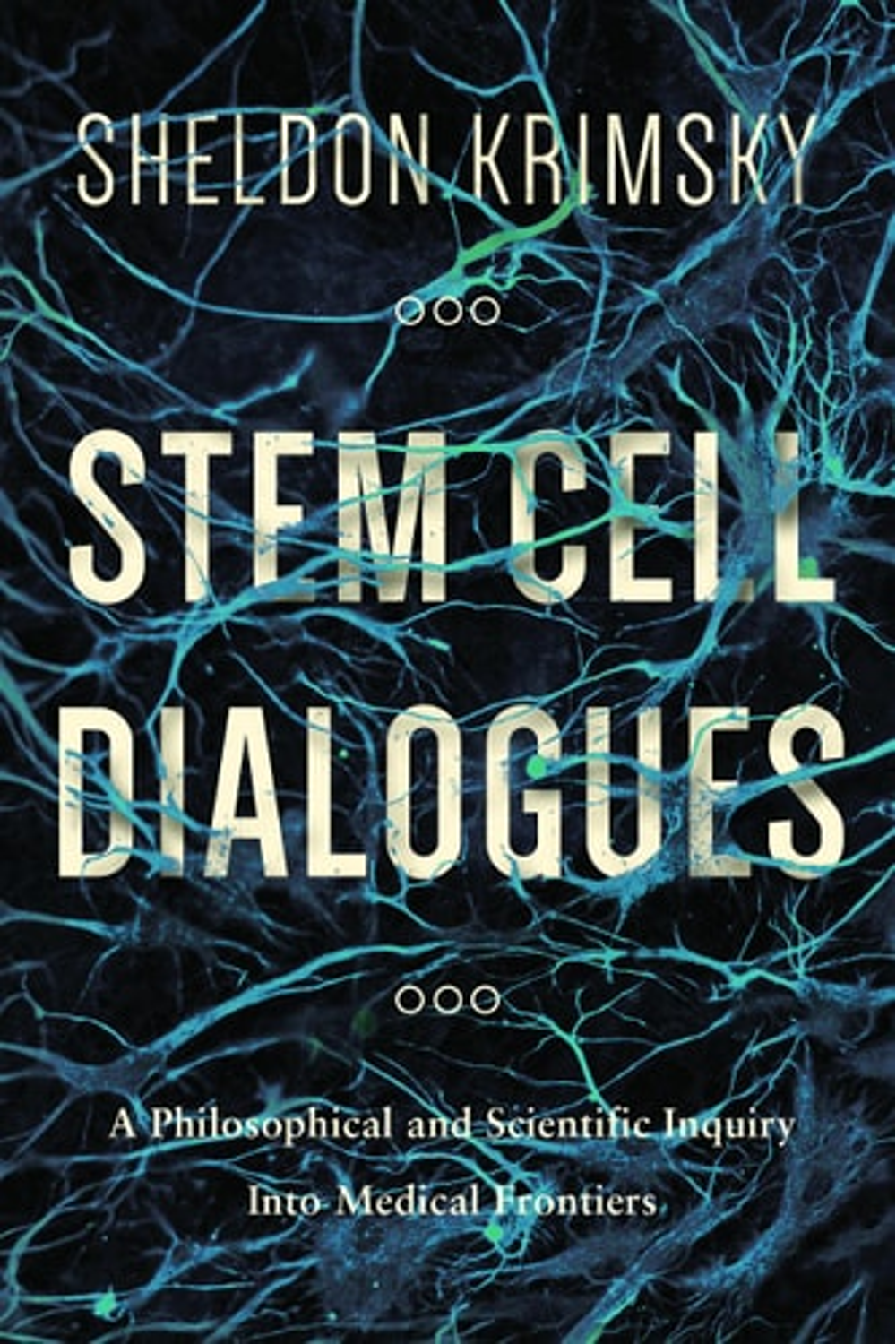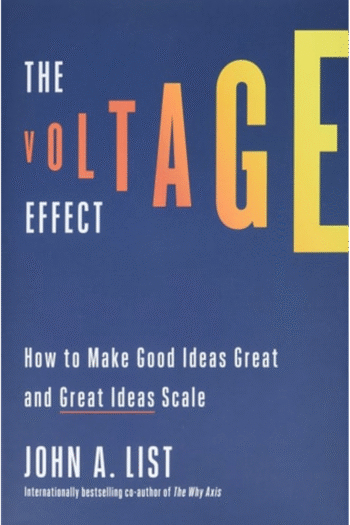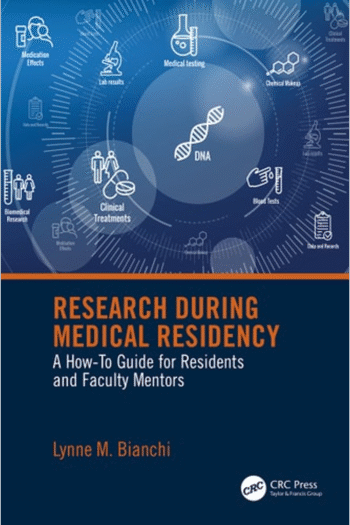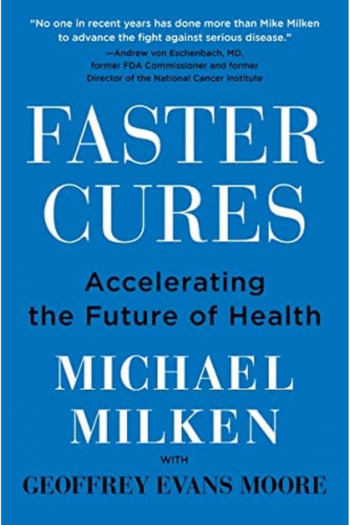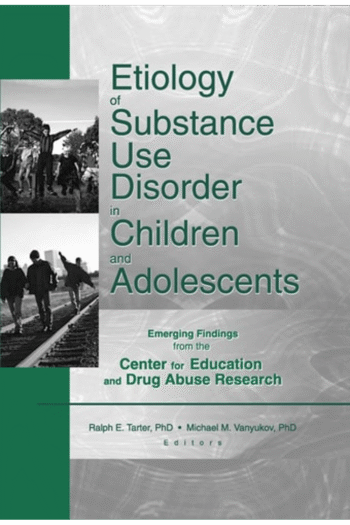Embark on an intellectual journey into the heart of stem cell research with Sheldon Krimsky’s “Stem Cell Dialogues.” This compelling book, published by Columbia University Press, eschews traditional scientific reporting in favor of a unique, dialogue-driven approach. Krimsky, a leading voice in bioethics, crafts fictional conversations to explore the multifaceted ethical, scientific, and policy challenges inherent in this transformative field. More than just a primer on stem cell biology, “Stem Cell Dialogues” plunges into the debates surrounding embryonic stem cell use, personalized medicine, and the socio-economic implications of regenerative therapies. Imagine a spirited exchange between scientists, ethicists, and policymakers grappling with the promise of cures and the potential for misuse. The book skillfully dissects real-world controversies, including the Bush administration’s stem cell policies, the commercialization of reproductive materials, and the equitable access to cutting-edge treatments. Krimsky’s Socratic dialogues bring these complex issues to life, using accessible language and drawing on over 300 scientific references to ensure accuracy and depth. Readers will gain a nuanced understanding of the scientific breakthroughs while also confronting profound moral questions. This book is an essential resource for anyone seeking to navigate the ethical landscape of modern medicine and participate in informed discussions about the future of healthcare.
Stem Cell Dialogues: A Philosophical and Scientific Inquiry Into Medical Frontiers
18.82 $
In stock
Stem cells and the emerging field of regenerative medicine are at the frontiers of modern medicine. These areas of scientific inquiry suggest that in the future, damaged tissue and organs might be repaired through personalized cell therapy as easily as the body repairs itself, revolutionizing the treatment of numerous diseases. Yet the use of stem cells is fraught with ethical and public policy dilemmas that challenge scientists, clinicians, the public health community, and people of good will everywhere. How shall we deal with these amazing biomedical advances, and how can we talk about potential breakthroughs with both moral and scientific intelligence?
This book provides an innovative look at these vexing issues through a series of innovative Socratic dialogues that elucidate key scientific and ethical points in an approachable manner. Addressing the cultural and value issues underlying stem cell research while also educating readers about stem cells’ biological function and medical applications, Stem Cell Dialogues features fictional characters engaging in compelling inquiry and debate. Participants investigate the scientific, political, and socioethical dimensions of stem cell science using actual language, analysis, and arguments taken from scientific, philosophical, and popular literature. Each dialogue centers on a specific, recognizable topic, such as the policies implemented by the George W. Bush administration restricting the use of embryonic stem cells; the potential role of stem cells in personalized medicine; the ethics of cloning; and the sale of eggs and embryos. Additionally, speakers debate the use of stem cells to treat paralysis, diabetes, stroke effects, macular degeneration, and cancer. Educational, entertaining, and rigorously researched (with 300 references to scientific literature), Stem Cell Dialogues should be included in any effort to help the public understand the science, ethics, and policy concerns of this promising field.
| Authors | |
|---|---|
| Binding | |
| Condition | |
| ISBN-10 | 0231167482 |
| ISBN-13 | 9780231167482 |
| Language | |
| Pages | 280 |
| Publisher | |
| Year published | |
| Weight | 499 |
| Dewey decimal | 174.2/8 |
Related products
- Additional information
- Currencies
- USD – United States dollar
- EUR – Euro
- GBP – Pound sterling
- CNY – Chinese yuan
- BRL – Brazilian real
- MXN – Mexican peso
- JPY – Japanese yen
- PHP – Philippine peso
- THB – Thai baht
- PLN – Polish złoty
- CAD – Canadian dollar
- MYR – Malaysian ringgit
- AUD – Australian dollar
- TWD – New Taiwan dollar
- CZK – Czech koruna
- SEK – Swedish krona
- HUF – Hungarian forint
- ILS – Israeli new shekel
- CHF – Swiss franc
- HKD – Hong Kong dollar
- DKK – Danish krone
- SGD – Singapore dollar
- NOK – Norwegian krone
- NZD – New Zealand dollar

